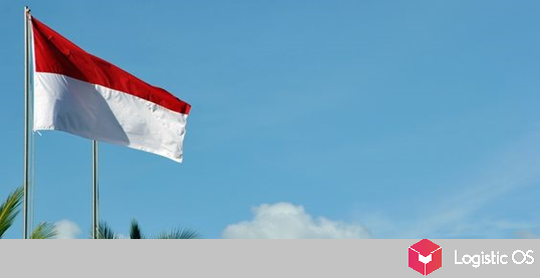The United Grain Company is seeking to export grain to Algeria and Iraq.
Iraq is one of the world’s largest grain consumers. In 2013/2014 Russia exported over 600 thousand tons of products to this country.
But since 2014/2015 we have completely left this market, giving way to Australia, Canada and the USA.
The whole problem was in some bureaucratic formalities: we assess the quality and safety of products in different ways.
In Russia, this is a chemical analysis, and in Iraq, a more gentle physical one.
In this regard, Rospotrebnadzor refused to issue phyto-certificates for grain, as through its analysis it revealed harmful spores of smut.
As a result, trade with Iraq ceased for several years, because Rospotrebnadzor could not get from the Iraqi side an official confirmation that chemical analysis was unnecessary and redundant when checking from our side.
A similar situation has developed with Algeria.
At the end of 2019, agreements were reached, and the first test batch of grain was sent to Iraq and Algeria in 2020.
But the spread of the coronavirus has stalled further interactions.
And it seems like the process starts to move from a dead point.
One of the first to announce its plans was the United Grain Company, a controlling stake in which belongs to the state, and the other half to the state-owned VTB Bank.
OZK became a major exporter within a year. It has a great competitive advantage: for many years the corporation owns a grain terminal in the Russian part of the Black Sea.
The company’s exports were rather modest until a year ago the Grain Export trading company (VTB’s largest shareholder) became an active participant and winner of tenders held by the Egyptian General Directorate for the Supply of Goods (GASC).
Already in the 2019/2020 agricultural year, the export of the trading company immediately increased to 2.7 million tons.
Problems with harvesting in Europe and a good harvest in Russia made it possible to provide Egypt with wheat supplies for 80% of the total.
Since the beginning of the current season, Egypt has purchased 2.3 million tons of wheat from Russia — the largest volume for this period.
Now, through the OZK, for the first time in five years, supplies will be established to Jordan. In June, Grain Export sold 60,000 tons of wheat to the country.
The supplier has not yet been officially approved for the second half of October, but, according to OZK, it will be Russia.

Algeria and Iraq remain the last major wheat importers in the world not to buy Russian grain.
And it is not only OZK that plans to go further to the East.
The Stavropol Territory is actively exploring the possibility of entering these markets, expanding the geography of its exports.
Now the products of the region are exported to more than 50 countries of the world.
The main partners are importers of the region: Azerbaijan (buys wheat, corn and barley), Georgia (wheat and peas). Armenia (wheat, peas, barley, sesame, lentil and sunflower).
Future plans include Iraq, China, Philippines, Indonesia, Guatemala and Algeria.
Russia’s competitors in the Middle East market remain the United States, France and Canada.
And now, against the backdrop of a record harvest, Russia needs to strengthen itself in the existing sales markets and become more in demand in the territories still uninhabited by our grain.

